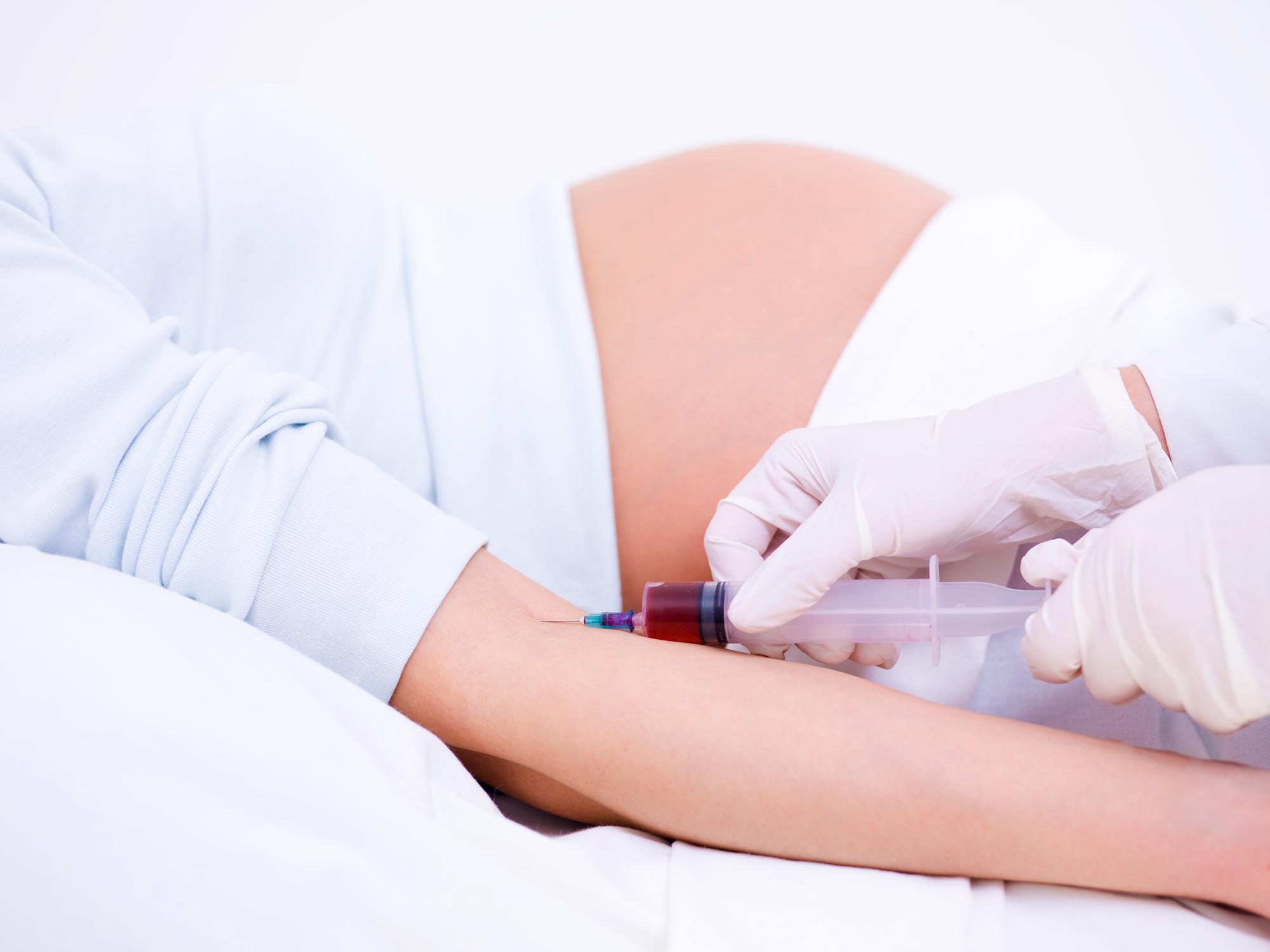Last month, the Diet enacted legislation to pay ¥3.2 million to each person who was sterilized as part of the Eugenic Protection Law passed in 1948. Prime Minister Shinzo Abe has also said he will apologize to the roughly 25,000 victims on behalf of the state. Many of them feel the amount of money is insufficient — lawsuits demanding more are ongoing — and that the apology is too little too late. The wording of the compensation bill is also problematic, since it isn't specific about the government's responsibility.
The victims' ire seems justified in that the government has dragged its feet over the sterilization issue for more than 20 years, prompting some people to believe that the authorities are not really sorry for having subjected to sterilization people deemed "inferior" by reason of intellectual disability, mental illness or hereditary disorder. Even after the eugenics legislation was changed in 1996, the government defended its actions by saying that sterilizations were conducted in accordance with the law.
Coincidentally, news outlets are now debating the ethics of a prenatal testing method that is easier to carry out than prior methods. In the past, pregnant women who wanted to find out whether there were any health or genetic problems with their fetuses had to undergo amniocentesis, which is inherently risky for both the baby and the mother. The newer method, introduced in Japan in 2013, is a blood test that comes with little risk.



















With your current subscription plan you can comment on stories. However, before writing your first comment, please create a display name in the Profile section of your subscriber account page.